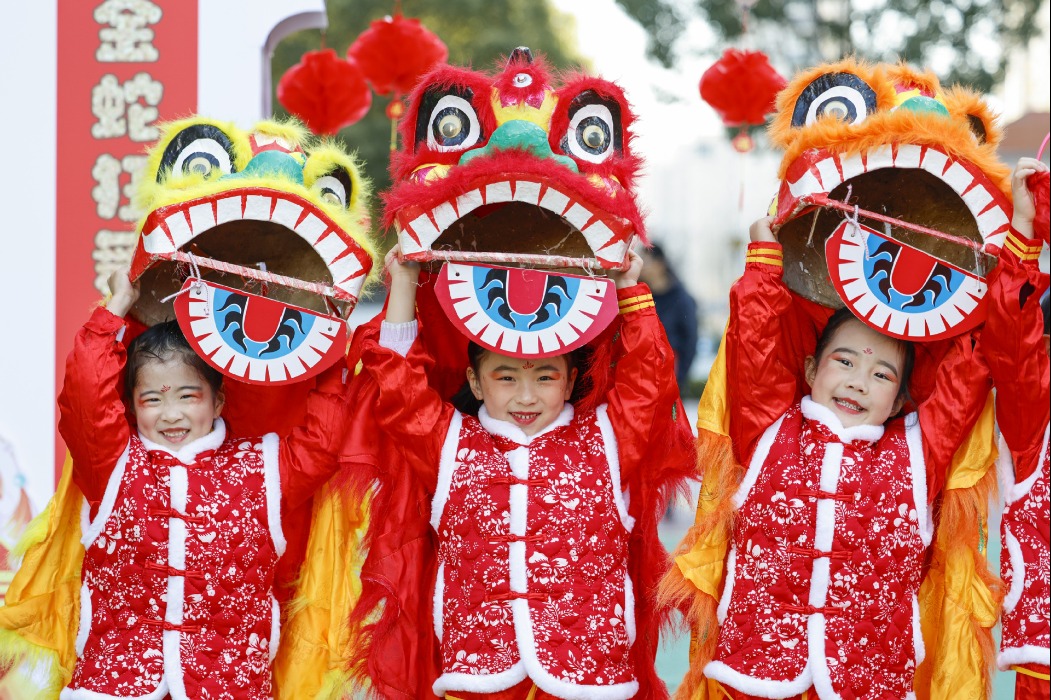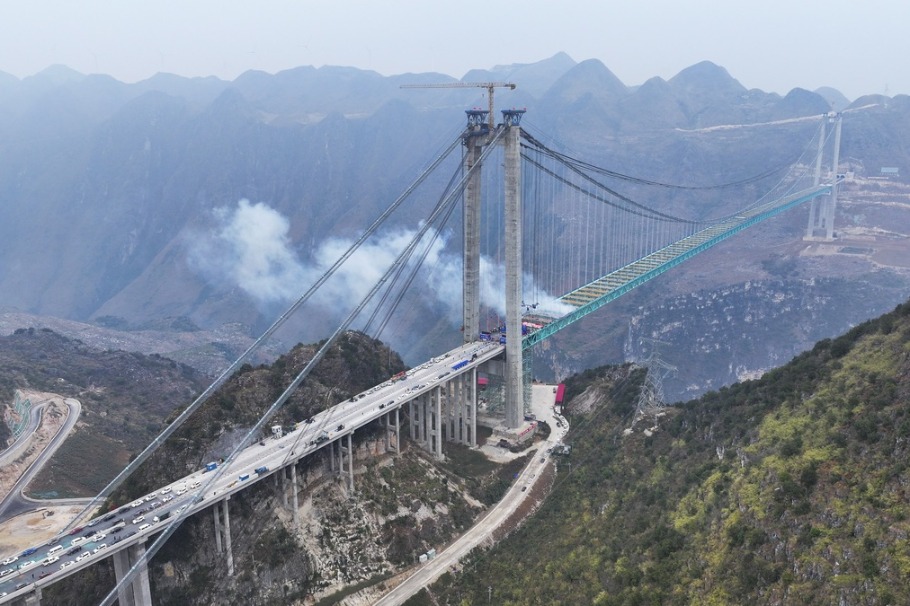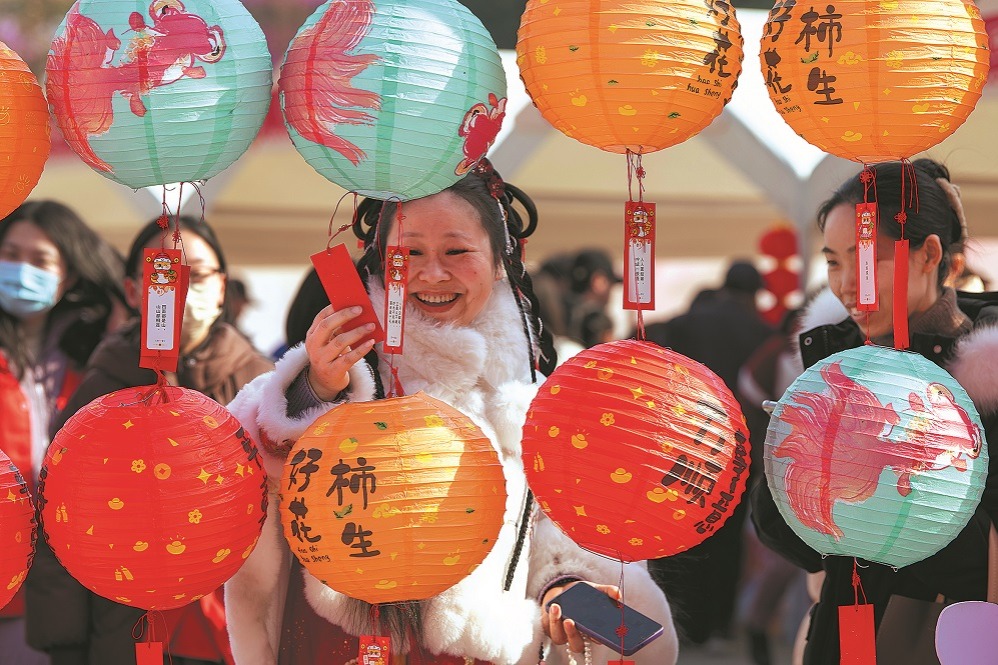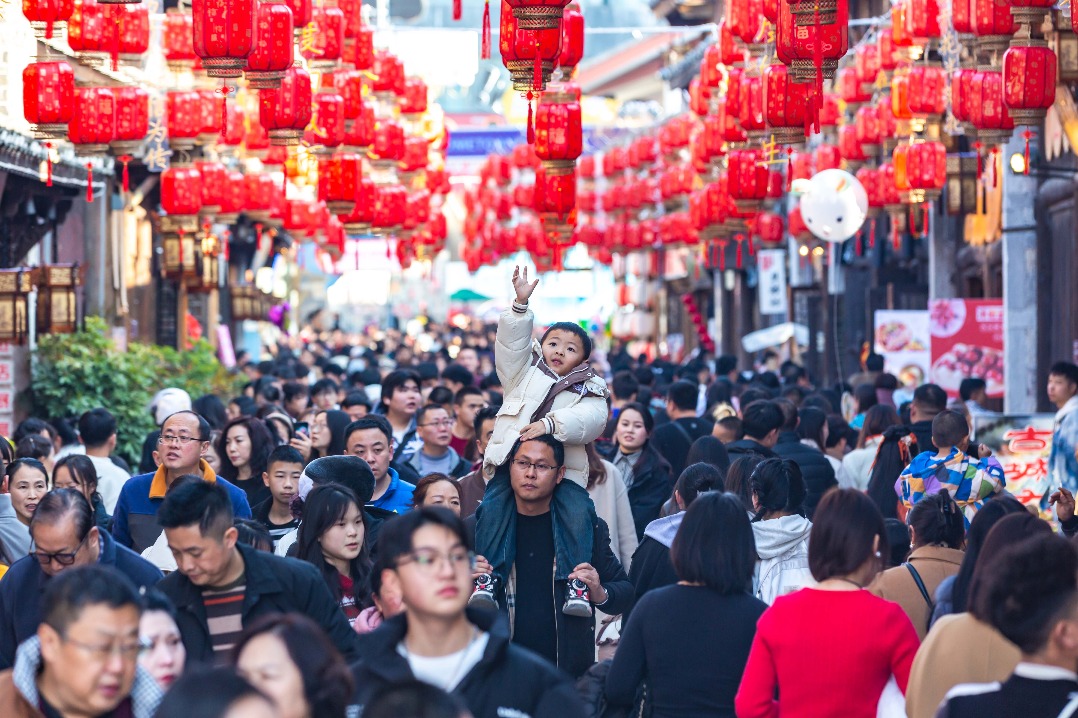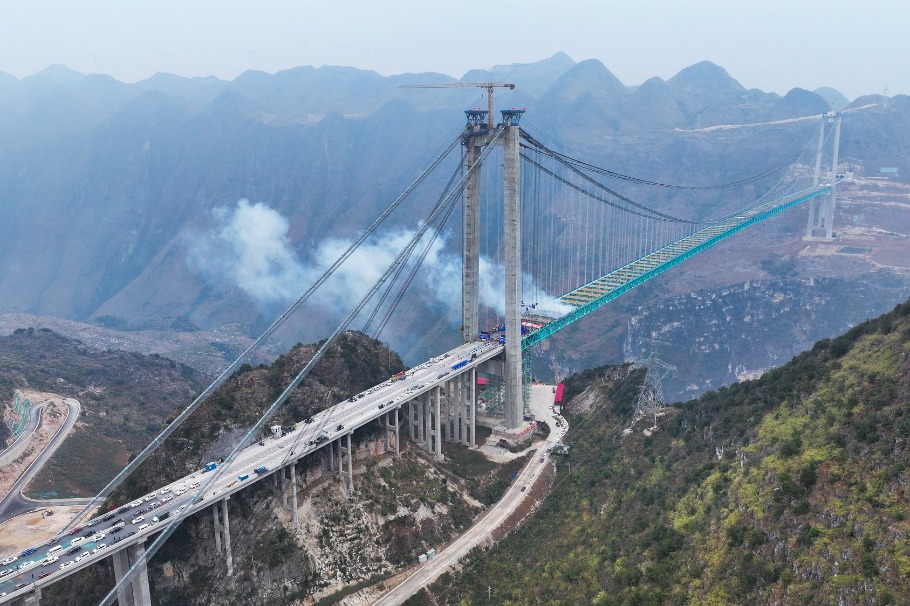Xi Jinping leads China on new journey

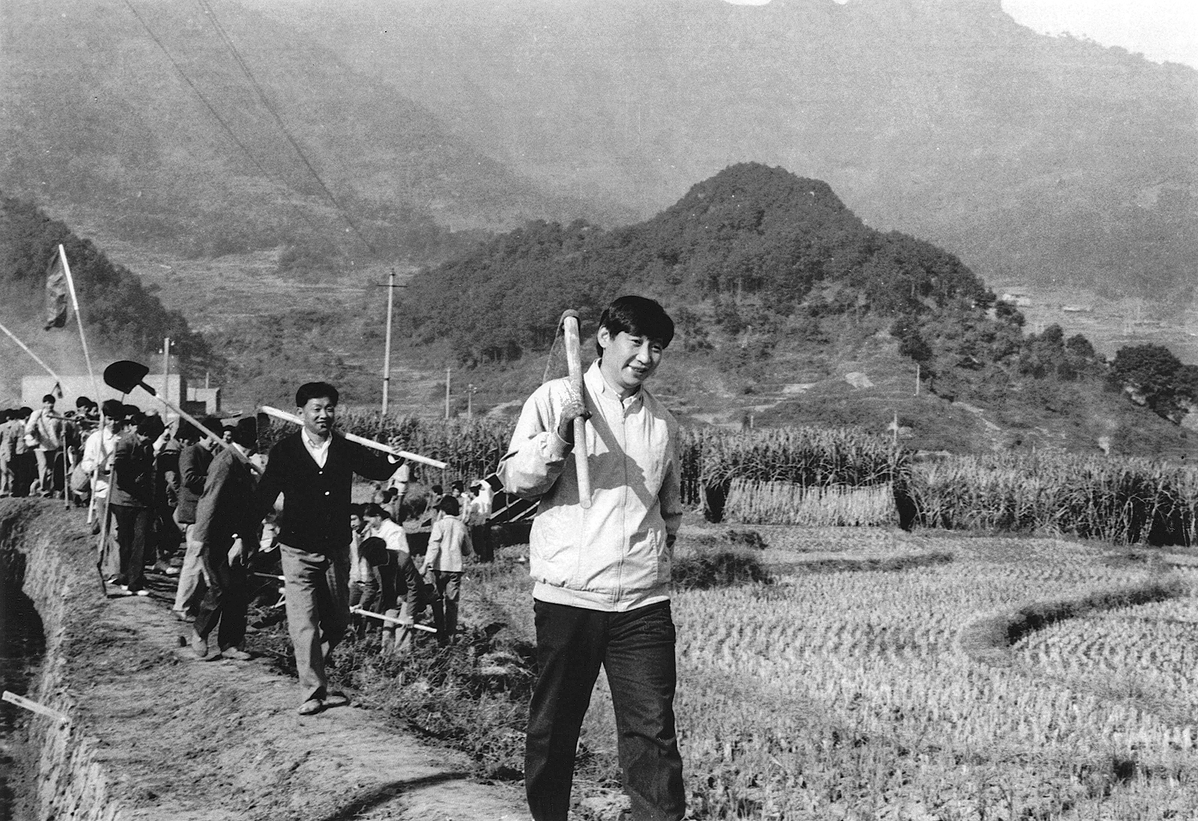
Son of loess plateau
Xi Jinping was born in June 1953 into a revolutionary family. His father, Xi Zhongxun, was a revered CPC leader. Describing his father as "someone who had devoted himself wholeheartedly to the Chinese people," Xi Jinping said he was greatly inspired by the elder Xi and had pledged to follow in his footsteps.
At 15, as an "educated youth," Xi left Beijing for a village called Liangjiahe in an arid part of northwest China's Shaanxi Province, carrying with him a small sewing bag embroidered with Chinese characters "mom's heart" by his mother Qi Xin.
Xi would later spend seven years in the countryside, working and living alongside farmers. He called himself a farmer when he recalled his Liangjiahe years. He was separated from his family, slept in cave dwellings, suffered from flea bites, and worked as hard as fellow villagers to tend crops, herd sheep, carry manure and haul coal.
He joined the CPC there and later became the village Party chief — the beginning of his political career. Xi recalled his earnest wish then was "to make it possible for the villagers to have meat and have it often." He led them to dig wells, build dams, terrace hills and set up the province's first methane-generating pit.
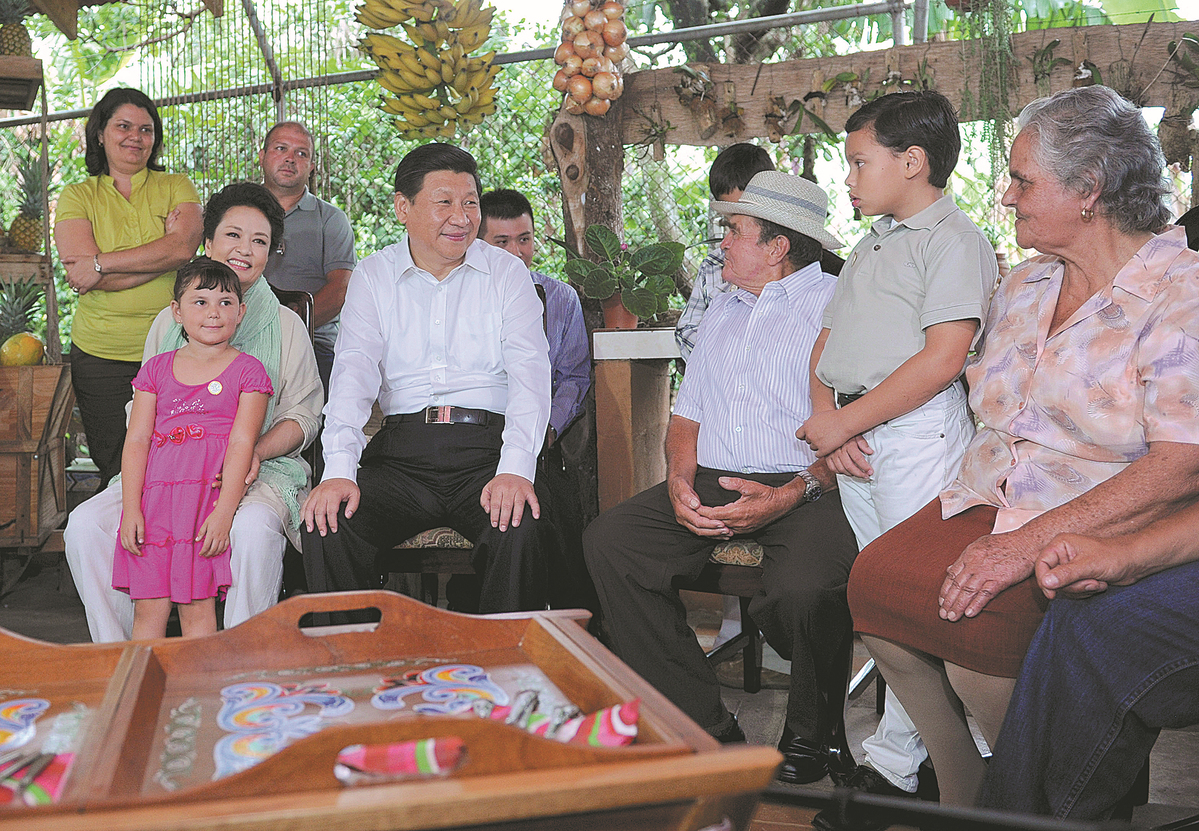
This experience means a lot to Xi and he often talks about it, even after becoming the top leader. During a state visit to Costa Rica in 2013, he visited the home of a farming family and talked about his experience in the countryside.
"It is extremely rare for a president to speak so passionately and with such pride about being a farmer. Some people may downplay that aspect, but he does not; he emphasizes it," said Alberto Zamora, whose family owns the coffee plantation Xi visited.














